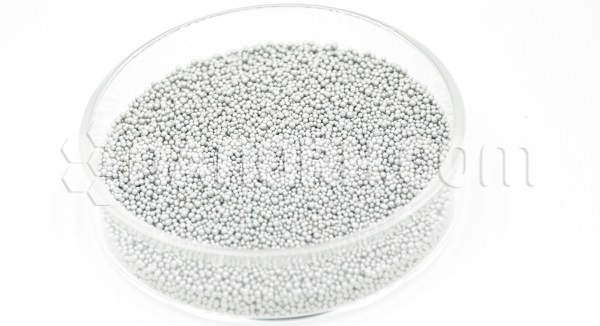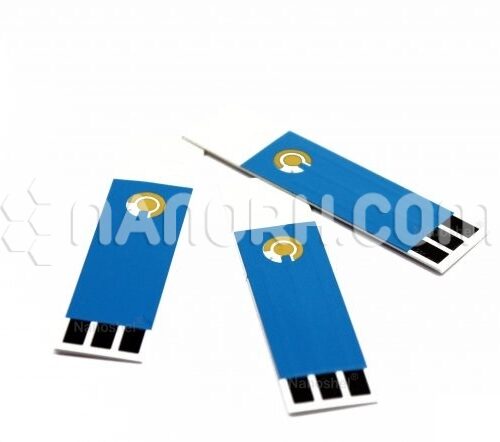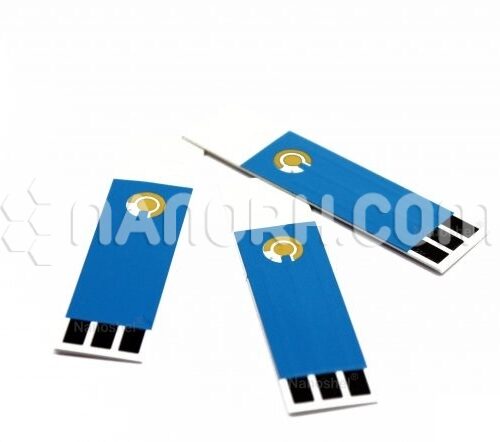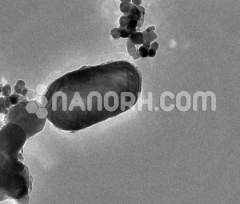Cadmium Granules (Cd, Purity: 99.997%, APS: 1-3 mm)
| Cadmium Granules | |
| Product No | NRE-52008 |
| CAS No. | 7440-43-9 |
| Formula | Cd |
| Purity | 99.99% |
| Size | 1-3mm |
| Color | Silivery bluish-gray |
| Molecular Weight | 112.41g/mol |
| Density | 8.65 g/cm³ |
| Melting Point | 302 ºC |
| Boiling Point | 765 ºC |
| Thermal Conductivity | 96.6 W/(m·K) |
Cadmium Granules
Cadmium granules are small particles of cadmium metal, which is a relatively rare and toxic element with specific industrial applications. Due to its unique properties, such as its low melting point, corrosion resistance, and ability to form alloys, cadmium granules have several specialized uses.
Battery Production
Rechargeable Batteries: Cadmium is a key component in nickel-cadmium (Ni-Cd) rechargeable batteries. These batteries are used in various applications, including portable power tools, emergency lighting, and certain electronic devices. Cadmium granules are used to produce the cadmium electrodes needed for these batteries.
Metal Coatings
Corrosion Protection: Cadmium granules are used in electroplating to coat other metals, providing excellent corrosion resistance. Cadmium plating is commonly used for protecting steel and aluminum components in aerospace, automotive, and military applications.
Alloy Production
Metal Alloys: Cadmium is used to create various metal alloys. For example, cadmium is alloyed with other metals to improve machinability or to modify physical properties such as melting point and strength. Cadmium-copper and cadmium-zinc alloys are examples.
Pigments
Colorants: Cadmium compounds, particularly cadmium sulfide (CdS) and cadmium selenide (CdSe), are used as pigments in paints, plastics, and ceramics. These pigments are valued for their bright and stable colors, including yellows, oranges, and reds.
Nuclear Reactors
Control Rods: Cadmium is used in nuclear reactors as a material for control rods. Cadmium’s ability to absorb neutrons makes it effective in controlling the nuclear fission process.
Semiconductors and Electronics
Semiconductor Materials: Cadmium is used in the production of certain semiconductor materials, such as cadmium telluride (CdTe), which is employed in photovoltaic cells (solar panels) and other electronic devices.
Soldering
Solder Alloys: Cadmium is used in some solder alloys, although its use has decreased due to environmental and health concerns. It can be found in certain specialty solders where its properties are required.




